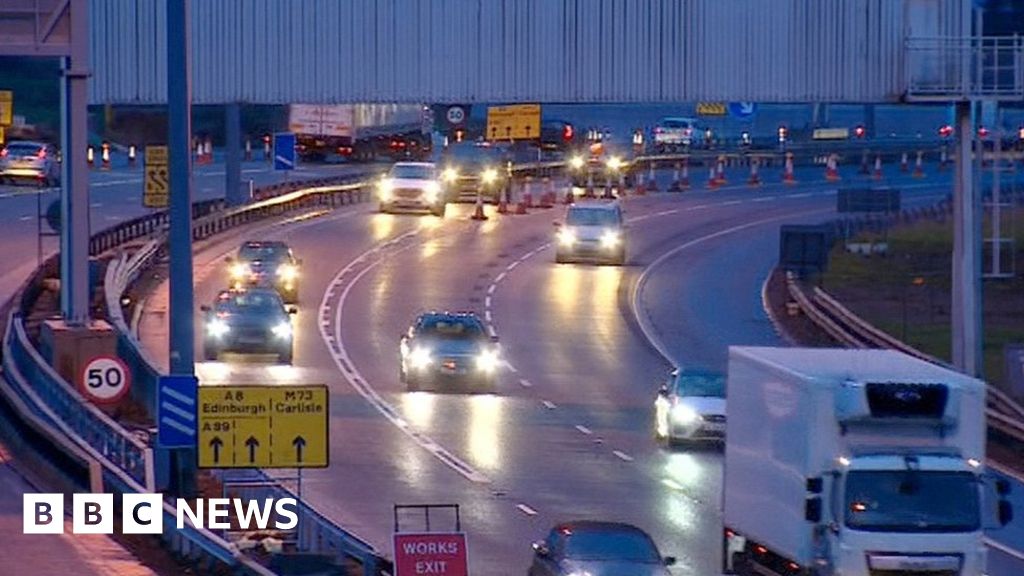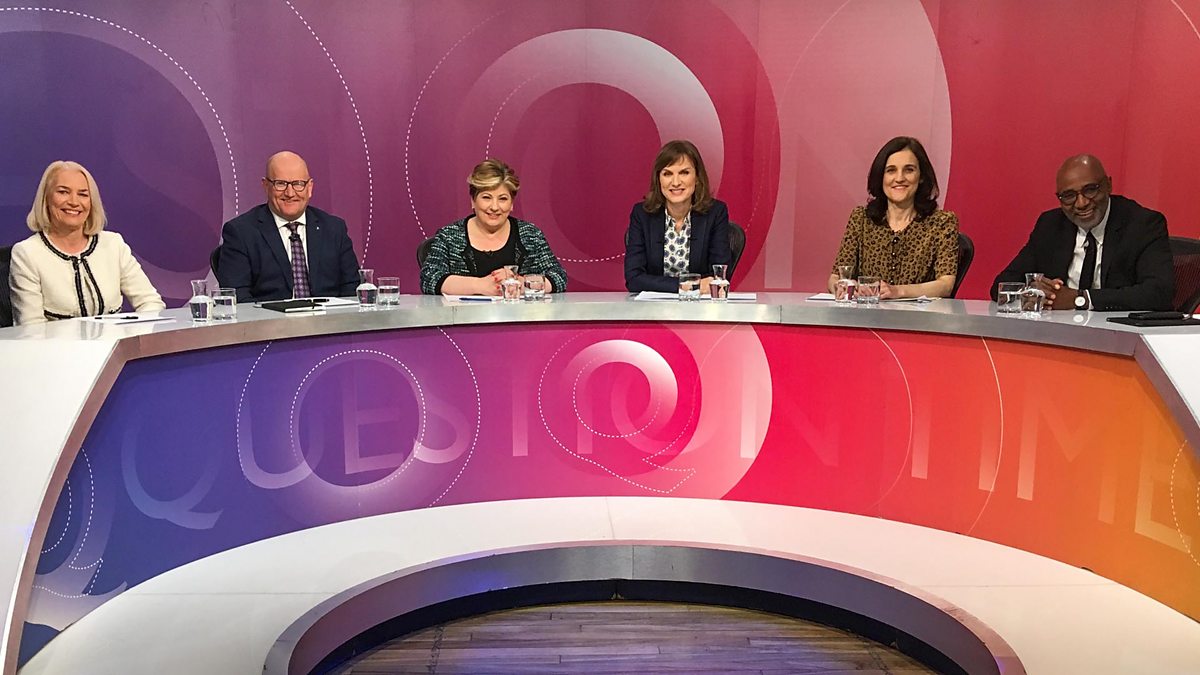
This new law meant the end for most of the other stations but Radio Caroline was determined to fight on. Radio 355 closed down ten daysīefore the act took effect in August 1967. Its life was cut short by the Government introducing the Marine Offences Act. Despite gathering a loyal following, 355 only lasted a matter of months. He moved to Radio 355 and changed his name to Martin Kayne, using the theme RadioĮssex was prosecuted under the Wireless Telegraphy Act at the end of November but he had left by this time because of a spell of poor health. He joined Radio Essex in January 1966 and used the name Michael Cane. He was invited to an interviewĪnd offered a job, although he claims it was more because he could cook than because of any broadcasting skills. On his return to the UK he decided he wanted to continue in broadcasting, bought himself out of the RAF and sent a tape to Radio Essex. Part-time work on the local forces radio station.

While stationed in Cyprus he did a bit of Martin Kayne Born 27th October 1943 at Gravesend, in Kent, he joined the RAF after school and trained in catering. It has lost some of its colour in the scanning. Many thanks to Mitch Philistin for this Radio London car sticker.
#Bbc hourly news audio archive
Kindly provided by Harm Koenders of The Offshore Radio Archive (duration 3 minutes 11 seconds) The second part of the recording is from the test on 277 metres. The clip starts with Paul broadcasting as normal on 266 metres. Paul Kaye with a night time test transmission. He says: “it is clearly Wednesday 5th January 1966” (duration 1 minute 16 seconds) Thanks toĬorrespondent Trevor Brook for pointing out the mistake. Paul announces that it is Wednesday 5th December but that date did not fall on a Wednesday in any year during Big L's time on air. Paul Kaye “tells you more, says it better” on a Radio London news bulletin. 17 words/min) and the double speed, which can be heard in the Paul Kaye clip (below).” Many thanks to both Duncan and Hans.)

The station used two versions of the signal. He agrees that the Morse spells R-L: “As a trained radio telegrapher I can confirm the meaning of the signal. Kenny splicing small slivers of tone on tape until Russ finallyĪgreed to the ‘spelling’ which I thought was R-L.” Hans Hogendoorn has also been in touch. KennyĮverett and (engineer) Russ Tollerfield, who could ‘read’ Morse, spent all one night putting the sound effect together. Heard from Paul Kaye's former colleague Duncan Johnson: “I can't understand Morse but I thought B-I-G-L took too long and R-L was used instead.
#Bbc hourly news audio code
(We previously stated that the Morse code heard during the Radio London bulletins spelled out B-I-G-L, the station's nickname, but we have now To Kenny Everett about the Beatles tour of America. For more pictures of Paul, see Gordon Sheppard and Willy Walker's photo albums.
#Bbc hourly news audio tv
He was later on Radio Luxembourg, Yorkshire TV and he presented a jazz programme on Radio Hallam, Radio Tees and Pennine Offences Act became law and the first voice on Radio London became the last as Paul closed the station down. Paul also presented programmes, especially in the early months of the station, and his theme was Town Talk by Ken Woodman and his Piccadilly Brass, a tune later used on the BBC by Jimmy Young. Normally the Radio London news service onlyĬonsisted of these hourly bulletins but in January 1967 Paul travelled to Paris to report on Prime Minister Harold Wilson's unsuccessful negotiations to take Britain into the European Union (or Common Market as it was then known). But they were also authoritative, largely because of Paul Kaye's presentation skills. Story interspersed with Morse code (see below), Radio London's bulletins were nothing if not dramatic. Although the news was obtained from the BBC, it was presented in a very different manner.

Which conveniently gave him just enough time to re-write the BBC news which was broadcast on the hour. When Radio London launched at the end of 1964 it was the first UK pirate station to operate a news service and Paul was the news chief. Radio network and later broadcast in both Cyprus and Canada. He volunteered for the Kenyan police and saw active service during the Mau Mau emergency. School he worked in repertory theatre and in 1952 became stage manager to a theatre company in Nairobi. Paul Kaye (sometimes spelt Kay) The first voice to be heard on Radio London, Paul was born in Barnstaple, Devon, on 17th February 1934.


 0 kommentar(er)
0 kommentar(er)
